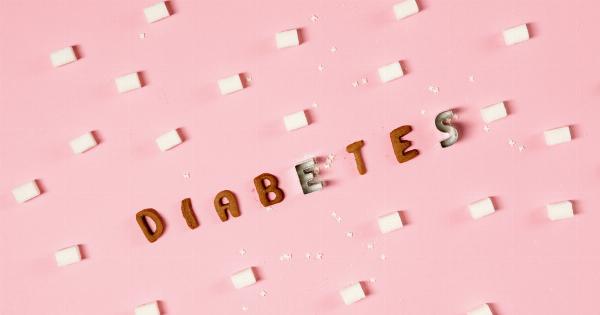When it comes to your overall health and well-being, your bowel health might not be the first thing that comes to mind. However, maintaining a healthy bowel is essential to having a healthy life.
In this article, we will discuss the top four risks to your bowel health and how to address them. We will also provide an image guide to help you understand what is happening in your body.
What Is the Bowel?
The bowel, also known as the large intestine, is the final part of the digestive system. Its main function is to remove water and electrolytes from the undigested food particles and excrete the waste material from the body.
The bowel is divided into four parts: the ascending colon, the transverse colon, the descending colon, and the sigmoid colon. The rectum and anus are located at the end of the sigmoid colon.
Risk 1: Poor Diet
Inadequate fiber and excessive sugar intake can affect bowel movements significantly. This causes the stools to be sticky, leading to constipation. When you don’t get enough fiber, your intestines have a tough time pushing stool through.
If you eat too much sugar, you might experience inflammation in your gut, which affects your bowel’s overall function. It’s also important to drink plenty of water throughout the day to keep your stools soft.
What You Can Do: Add fiber-rich foods to your diet, such as fruits, vegetables, and whole grains. You can also take supplements such as psyllium husk or flaxseed to help increase your fiber intake.
Cut back on sugary foods and drinks, and drink enough water throughout the day to keep your body hydrated.
Risk 2: Lack of Physical Activity
Physical activity helps to increase the blood flow to your bowel and improves bowel movements. When you don’t engage in physical activity for an extended period, the bowel muscles become weaker, and their movement slows down.
This can result in constipation.
What You Can Do: Make exercise a part of your daily routine. Try to get at least 30 minutes of moderate-intensity exercise every day. Walking, cycling, swimming, and yoga are all great ways to get moving.
Risk 3: Antibiotics
Antibiotics are essential in treating bacterial infections. However, antibiotics can also destroy the good bacteria in your gut, which can cause an overgrowth of harmful bacteria.
This can result in a condition called Clostridioides difficile, which causes diarrhea and inflammation in the gut.
What You Can Do: If you are taking antibiotics, make sure to take them as prescribed. You can also take probiotics to help restore the good bacteria in your gut. Probiotics are available in foods such as yogurt, kefir, or in supplement form.
Risk 4: Stress
Stress can affect bowel movements significantly. When you are under stress, your body releases stress hormones that can cause inflammation in your gut.
This inflammation can slow down the movement of your bowel muscles, leading to constipation or diarrhea.
What You Can Do: Try to manage your stress levels by practicing relaxation techniques such as deep breathing, meditation, or yoga.
Make self-care a priority by engaging in activities that make you feel good, such as spending time with loved ones, reading, or listening to music.
Image Guide
Conclusion
Maintaining a healthy bowel is crucial for overall health and well-being. By understanding the risks involved and taking action to address them, you can keep your bowel healthy and functioning correctly.
Remember to maintain a healthy diet, engage in physical activity, take antibiotics as prescribed, and manage your stress levels. If you experience any bowel-related symptoms that persist, make sure to consult your healthcare provider.































